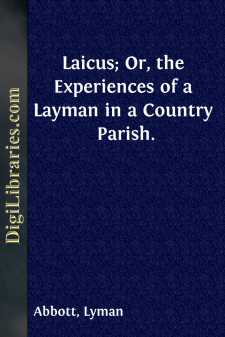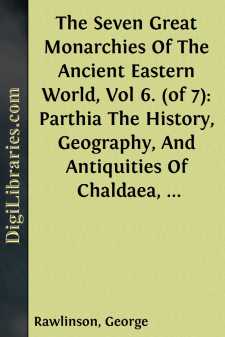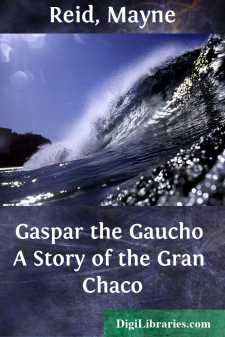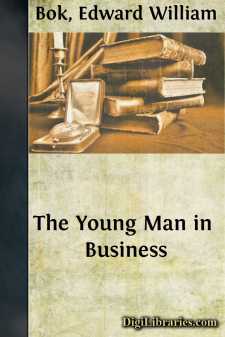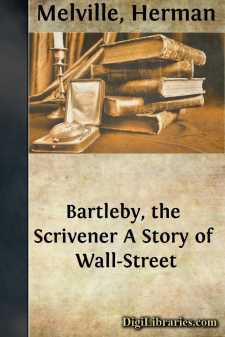Categories
- Antiques & Collectibles 13
- Architecture 36
- Art 48
- Bibles 22
- Biography & Autobiography 813
- Body, Mind & Spirit 142
- Business & Economics 28
- Children's Books 15
- Children's Fiction 12
- Computers 4
- Cooking 94
- Crafts & Hobbies 4
- Drama 346
- Education 46
- Family & Relationships 57
- Fiction 11829
- Games 19
- Gardening 17
- Health & Fitness 34
- History 1377
- House & Home 1
- Humor 147
- Juvenile Fiction 1873
- Juvenile Nonfiction 202
- Language Arts & Disciplines 88
- Law 16
- Literary Collections 686
- Literary Criticism 179
- Mathematics 13
- Medical 41
- Music 40
- Nature 179
- Non-Classifiable 1768
- Performing Arts 7
- Periodicals 1453
- Philosophy 64
- Photography 2
- Poetry 896
- Political Science 203
- Psychology 42
- Reference 154
- Religion 513
- Science 126
- Self-Help 84
- Social Science 81
- Sports & Recreation 34
- Study Aids 3
- Technology & Engineering 59
- Transportation 23
- Travel 463
- True Crime 29
Sort by:
by:
John Hargrave
CHAPTER I. IN WHICH MY KING AND COUNTRY NEED ME I left the office of The Scout, 28 Maiden Lane, W.C., on September 8th, 1914, took leave of the editor and the staff, said farewell to my little camp in the beech-woods of Buckinghamshire and to my woodcraft scouts, bade good-bye to my father, and went off to enlist in the Royal Army Medical Corps. I made my way to the Marylebone recruiting office, and...
more...
by:
Max Rittenberg
CHAPTER ITHE WHIRLPOOL On the crucial night of his career, 14 March, 191-, Clifford Matheson, financier, was speeding in a taxi-cab to the Gare de Lyon. He was a clean-limbed man of thirty-seven. There was usually a look of masterfulness in the firm lines of his face, the straight, direct glance, the stiff, close-cut moustache. But to-night his eyes were tired, very tired. He leant back in a corner of...
more...
by:
Lyman Abbott
This book was not made; it has grown. When three years ago I left the pulpit to engage in literary work and took my seat among the laity in the pews, I found that many ecclesiastical and religious subjects presented a different aspect from that which they had presented when I saw them from the pulpit. I commenced in the CHRISTIAN UNION, in a series of "Letters from a Layman," to discuss from my...
more...
by:
George Rawlinson
CHAPTER I. Geography of Parthia Proper, Character of the Region, Climate, Character of the Surrounding Countries. The broad tract of desert which, eastward of the Caspian Sea, extends from the Mougbojar hills to the Indian Ocean, a distance of above 1500 miles, is interrupted about midway by a strip of territory possessing features of much beauty and attraction. This strip, narrow compared to the...
more...
by:
Mayne Reid
The Gran Chaco. Spread before you a map of South America. Fix your eye on the point of confluence between two of its great rivers—the Salado, which runs south-easterly from the Andes mountains, and the Parana coming from the north; carry your glance up the former to the town of Salta, in the ancient province of Tucuman; do likewise with the latter to the point where it espouses the Paraguay; then up...
more...
THE YOUNG MAN IN BUSINESS. A well-known New York millionaire gave it as his opinion not long ago that any young man possessing a good constitution and a fair degree of intelligence might acquire riches. The statement was criticised—literally picked to pieces—and finally adjudged as being extravagant. The figures then came out, gathered by a careful statistician, that of the young men in business in...
more...
by:
William Priest
*TRAVELS IN AMERICA.* * * * * * London, May 7th, 1797. DEAR SIR, Since my return, my friends have made a thousand inquiries respecting the state of America. I do not know how I can inform them of my sentiments on that subject better, than by having the rough draught I preserved of the letters I wrote to you from that country fairly copied for their use. If, like you, they are really my friends, they...
more...
INTRODUCTORY In one of the cable tramway cars which, at a reverential pace, perambulate the city of Edinburgh, two citizens conversed. The winds without blew gustily and filled the air with sounds like a stream in flood, the traffic clattered noisily over the causeway, the car itself thrummed and rattled; but the voices of the two were hushed. Said the one— "It's the most extraordinary thing...
more...
by:
May Sinclair
CHAPTER I Horace Jewdwine had made the most remarkable of his many remarkable discoveries. At least he thought he had. He could not be quite sure, which was his excuse for referring it to his cousin Lucia, whose instinct (he would not call it judgement) in these matters was infallible—strangely infallible for so young a girl. What, he wondered, would she say to Savage Keith Rickman? On Saturday, when...
more...
by:
Herman Melville
BARTLEBY, THE SCRIVENER. A STORY OF WALL-STREET. I am a rather elderly man. The nature of my avocations for the last thirty years has brought me into more than ordinary contact with what would seem an interesting and somewhat singular set of men, of whom as yet nothing that I know of has ever been written:—I mean the law-copyists or scriveners. I have known very many of them, professionally and...
more...




